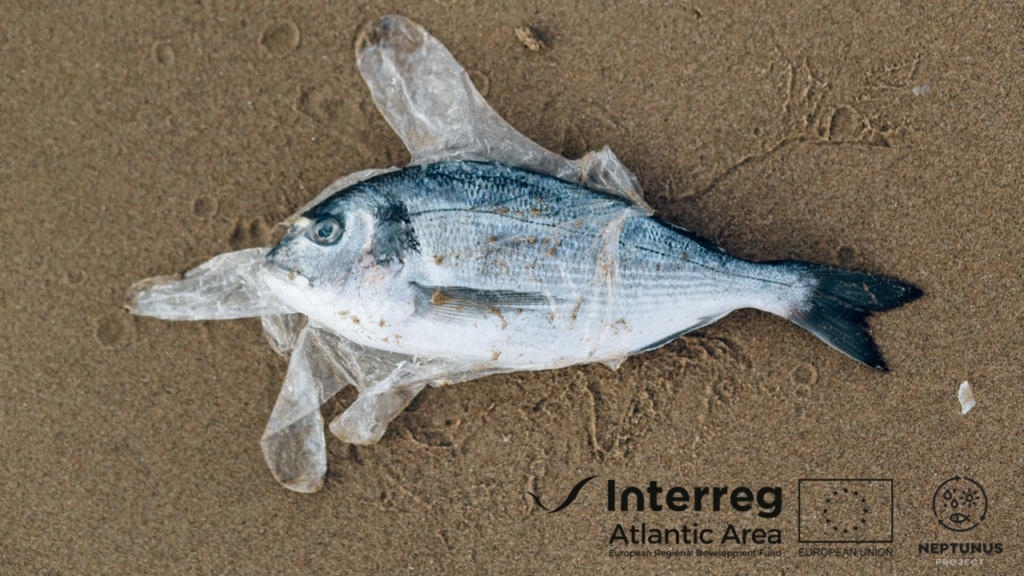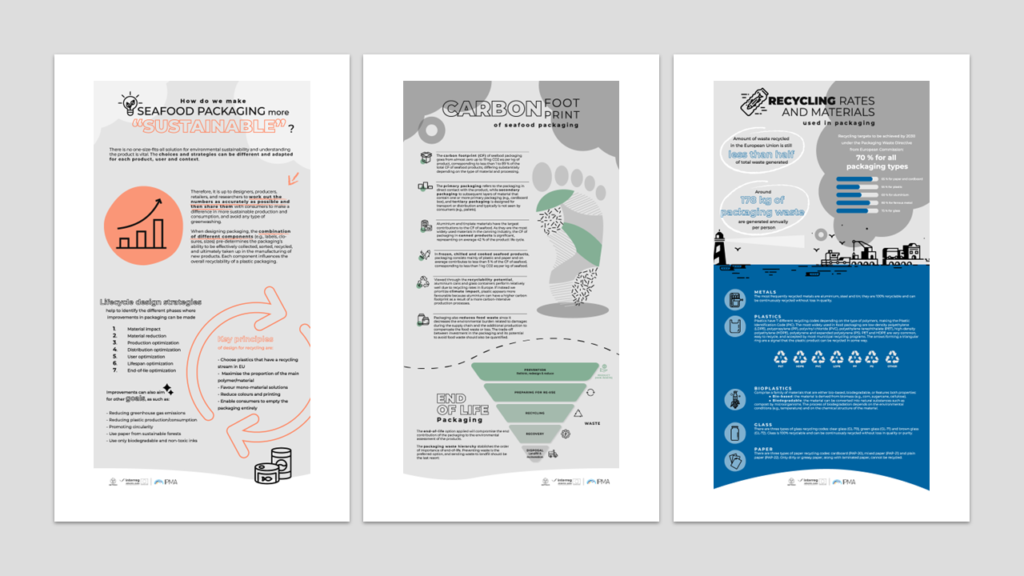5th June 2023
Plastic consumption has almost quadrupled in the last 30 years. A large part reaches the environment because of the mismanagement of their end of life. Today, one ton of plastic ends up in the ocean every three seconds. According to the UNEP, there could be more plastic than fish in the sea by 2040 (by weight). This growing global pollution affects the ecosystems and exposes humans to food chain contamination. In this context, plastic debris from fishing activities is an important pollution vector. Fish consumption generates direct and indirect environmental plastic emissions with different properties (size, shapes, type) and effects (entanglements, ingestion).
World Environment Day 2023 is a reminder that people’s actions on plastic pollution matters. The steps governments are taking to tackle plastic pollution are the consequence of this action. It is time to accelerate this action and transition to a circular economy.

The Neptunus Project aims to tackle plastic pollution by assessing the plastic impact of seafood products on marine ecosystems by applying the Life Cycle Assessment (LCA) methodology.

The impact of plastic emissions can be characterized in 3 steps:
- Quantification and classification of the various plastic losses to the environment
- Modeling their persistence
- Assessment of their damage on marine ecosystems
Initial analyses have enabled us to provide key figures and define priority action levers.
For the consumption of one kg of fish, an average of 200 mg of plastics from the technosphere are lost in the environment, of which 60 % reach the ocean. This can be explained mainly by the direct emission of plastic nets into marine water (fishing activities) or the redistribution of pollutants initially released into freshwater (mismanagement of the end of life of product packaging). In addition, the slow degradation of polymers involved in these stages exposes marine ecosystems to significant damage (especially PE and PS).
These elements indicate that concrete actions can be taken to reduce the environmental footprint of the fishing industry. For example, informed choice and monitoring of fishing methods could help to limit direct losses to the ocean. Similarly, better end-of-life planning for food packaging could reduce the risk of post-consumer leakage. In addition, replacing conventional polymers with materials that degrade rapidly in water would help reduce anthropogenic pressure on ecosystems.
These considerations must be conducted in consultation with the various stakeholders, and will be supported by further studies on the fate of plastic materials in the environment.
More information about the World Environmental Day 2023
